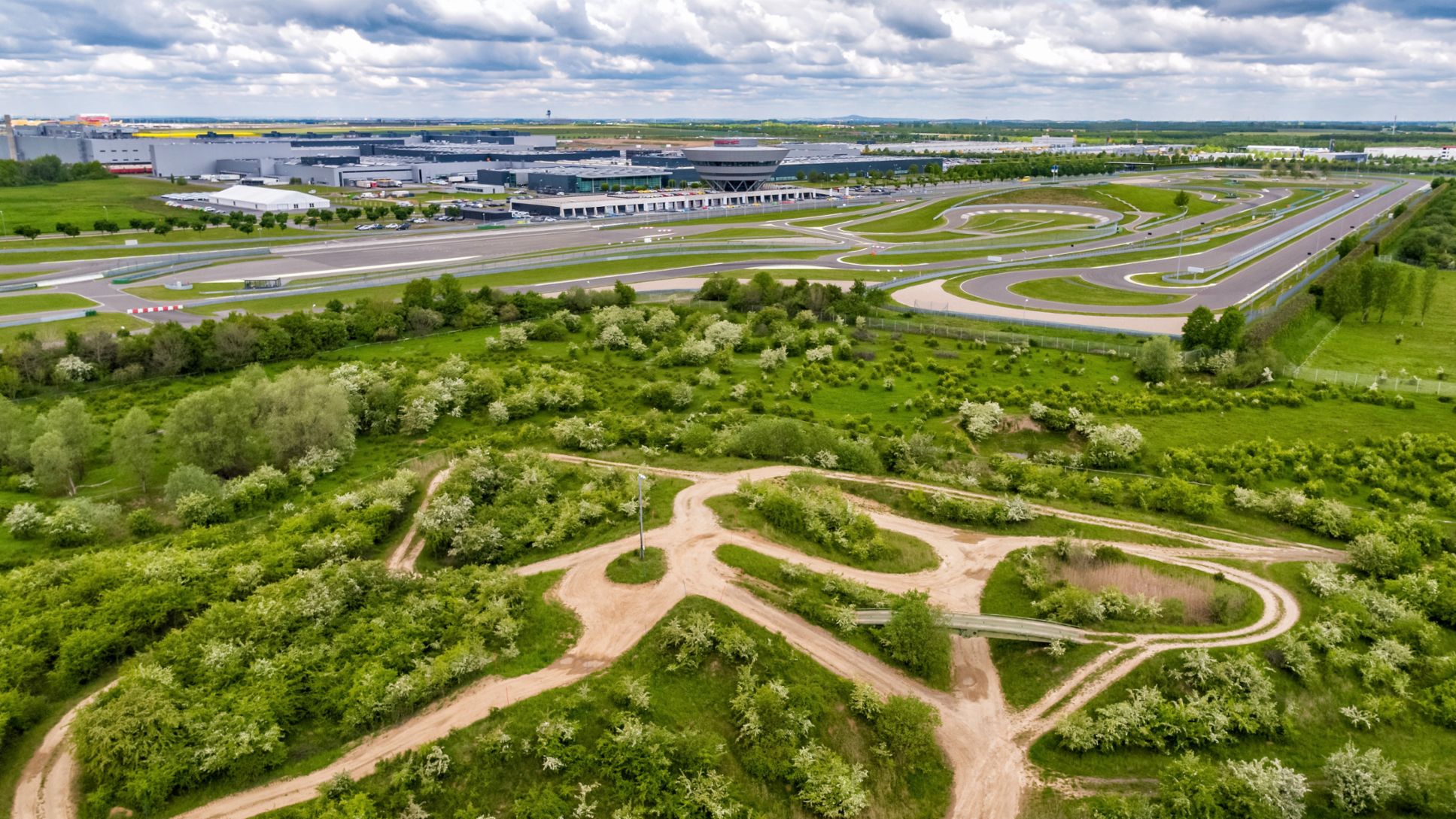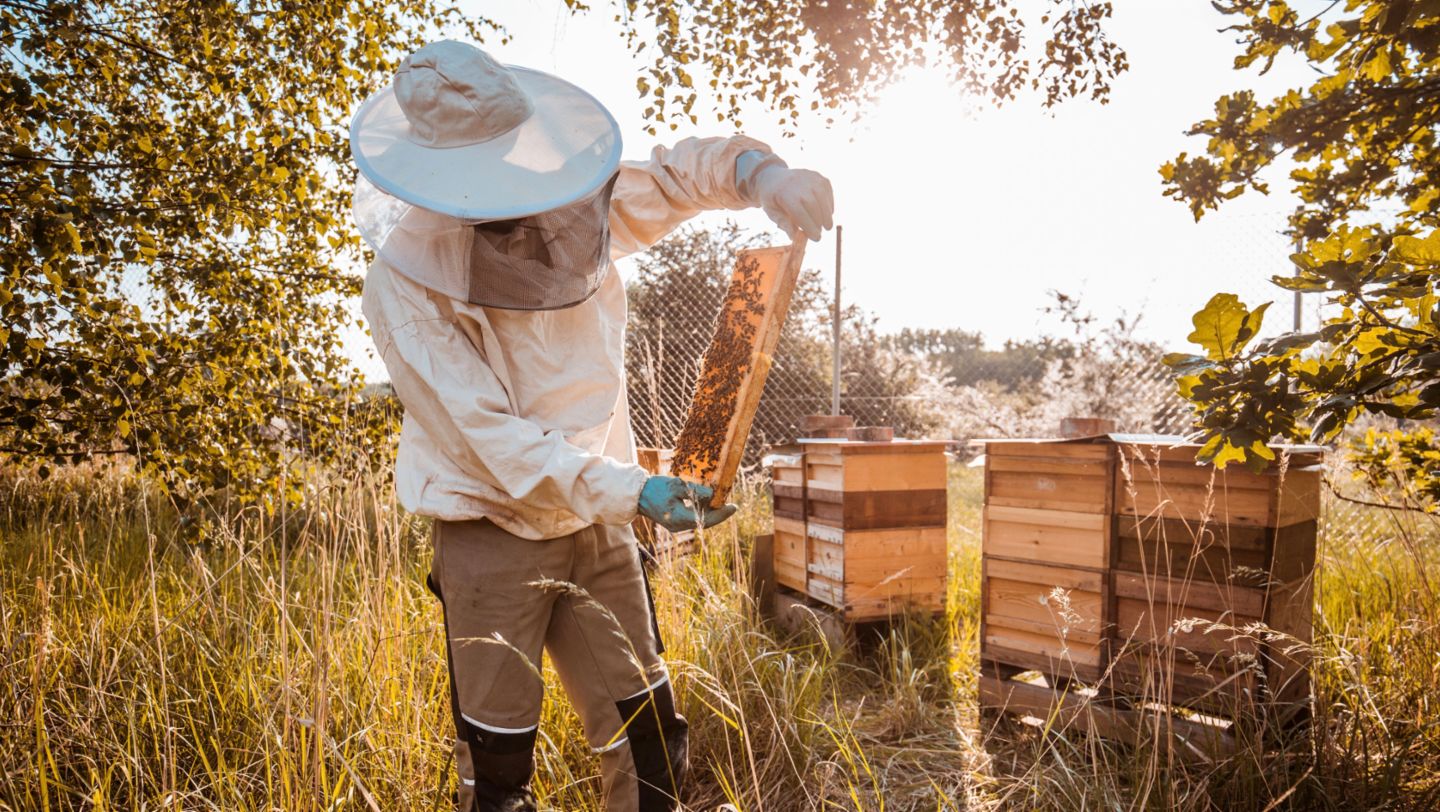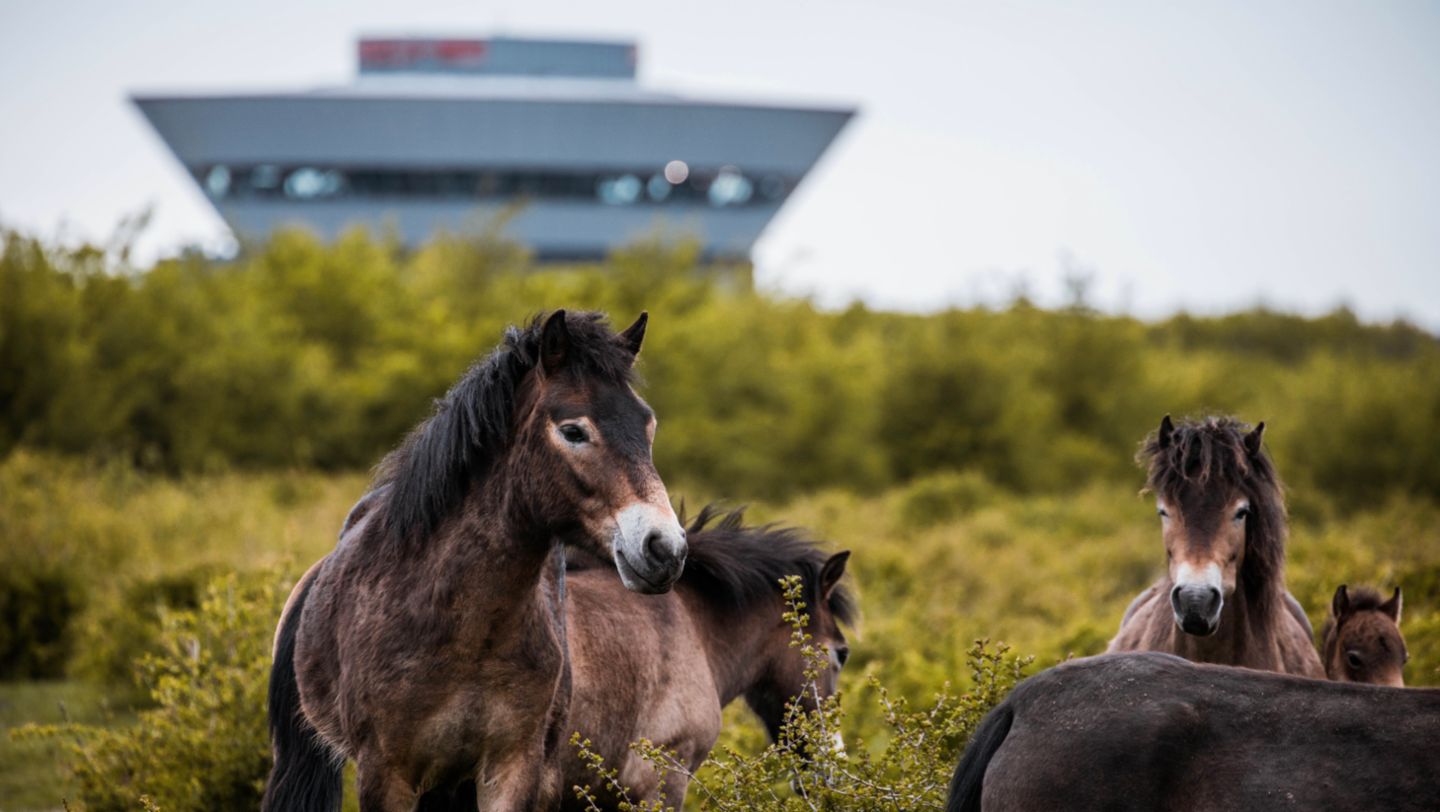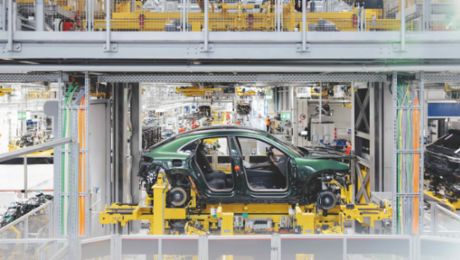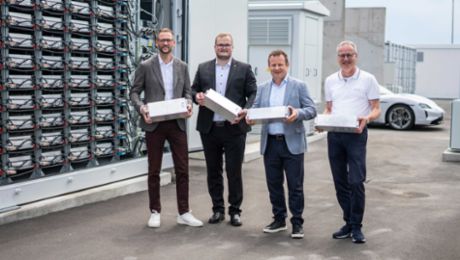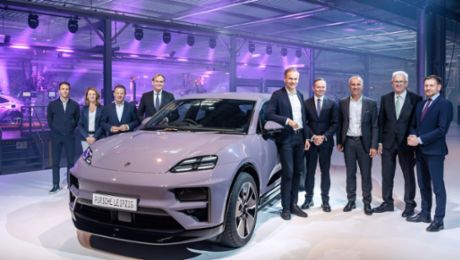Celebrated worldwide on 22 April each year, Earth Day provides the impetus for countless efforts to protect the environment and climate. The day emerged from a student movement in the US in the 1970s.
“We are committed to the Paris Climate Agreement and have set ourselves ambitious goals over and above it,” says Albrecht Reimold, Member of the Executive Board for Production and Logistics at Porsche AG and the sponsor of the company’s sustainability strategy. “In concrete terms, Porsche aims to be carbon-neutral across the entire value chain and lifecycle of newly sold vehicles by 2030. The share of all new Porsche vehicles with all-electric powertrains will be over 80 per cent by 2030. Porsche is a pioneer of sustainable mobility and we take a holistic approach to electromobility.”
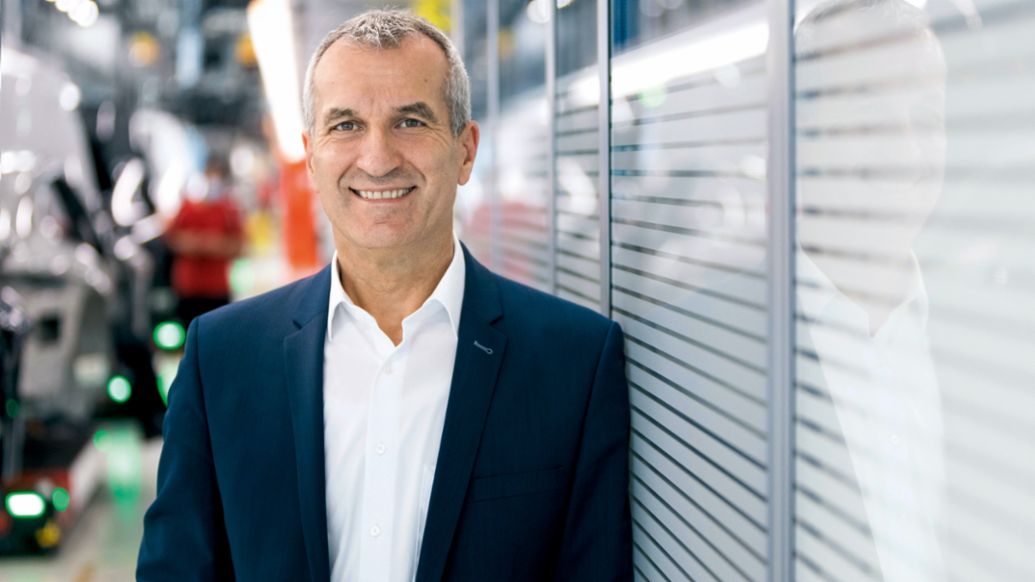
At the Porsche plant in Leipzig, the resource efficiency programme is an integral part of the production system. This includes regular energy inspections as well as workshops for the different disciplines. The objective is to examine the processes with regard to their resource efficiency and to continuously improve them. “We start by determining the current situation in each discipline and carry out a consumption data analysis,” says Gerd Rupp, Chairman of the Management Board at Porsche Leipzig GmbH. “On this basis, we identify potential and define measures for the individual areas.” Environmental and energy spokespersons are responsible for consistent implementation, keeping an eye on resource use in the respective department and raising awareness among colleagues. The resource efficiency programme established in 2014 considers savings for a total of five key indicators: energy consumption, CO2 emissions, waste, water consumption and solvent emissions.
Resource efficiency programme saves €4 million annually
One particularly effective measure in 2021 was an eco mode for welding robots used in body construction that automatically switch off the welding guns after 60 seconds of inactivity and thus save compressed air when it is not needed for production. An energy-saving mode has also been implemented in the paint shop’s conveyor system: 400 frequency converters automatically switch off the power supply when not in use. This system will be extended to the entire conveyor system in order to achieve further savings. Through such measures, the Leipzig plant now achieves savings amounting to a total of four million euros a year.
“Our goal is to minimise the environmental impact per vehicle. Thanks to the outstanding dedication of the employees at the location, we were even able to exceed our target for 2021,” says Gerd Rupp. The plant’s in-house “environmental impact reduction in production” indicator has also been continuously improved since 2014. The indicator encompasses the overall development of the five key figures and reached 62.4 per cent in 2021.
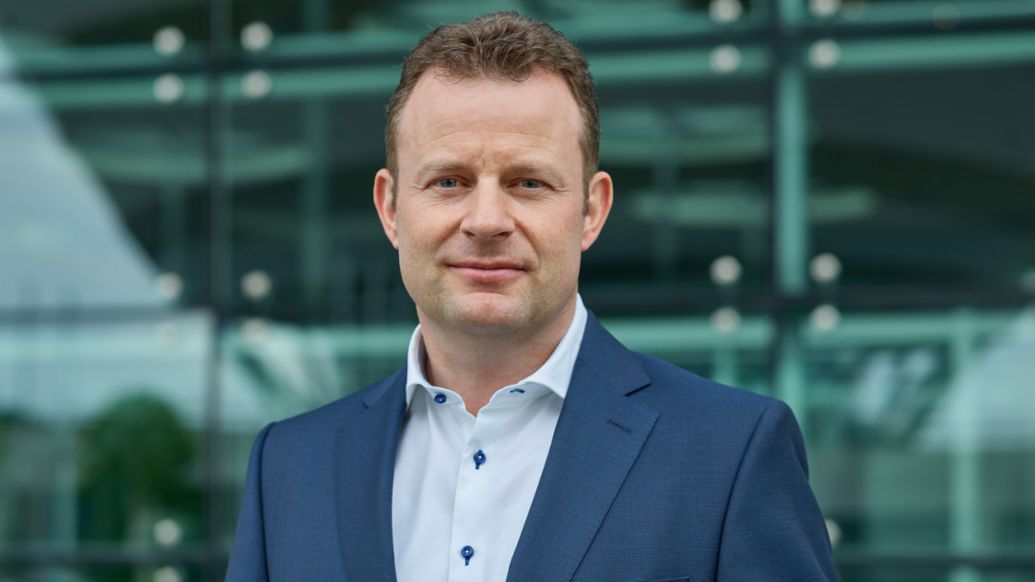
To mark Earth Day tomorrow, the sports car manufacturer also wants to motivate its employees to get involved on the issues of sustainability and environmental awareness. Employees are invited to complete an e-learning course as part of the #projectonehour programme – including a climate quiz, tips for sustainable action in everyday life and calculating their own carbon footprint. The aim of the course is to raise awareness of environmental and climate protection issues.
Sustainability in every facet: From aurochs to zero impact
One particular strength of Leipzig’s sustainability efforts are their diversity. In addition to smart, resource-saving production, they also include numerous projects to preserve biodiversity: In addition to aurochs and exmoor ponies, three million honey bees and numerous native wild animal species live in harmony with nature and the factory on the plant’s own offroad grounds. Porsche takes a holistic approach to sustainability, which is why a commitment to social issues is firmly anchored in the sustainability strategy. The company’s sustainable focus has garnered a number of accolades: the Porsche plant in Leipzig was certified by the German Sustainable Building Council (DGNB) and awarded the top Platinum rating. In 2021, the Saxony location also received the “Lean & Green Management Award” in the Automotive OEM category.
A central component of Porsche’s sustainability strategy is the path to becoming a “zero impact factory” – in other words, a production facility that leaves no ecological footprint. Porsche has already reached an important milestone: Porsche’s production at its headquarters in Zuffenhausen has been carbon-neutral since 2020, followed by Leipzig at the beginning of 2021. As for its product range, Porsche has laid the groundwork for the future of alternative drive technologies and electrification: in 2023 it is planned to roll off the assembly line in Leipzig the next generation of the Macan as an all-electric model line.
